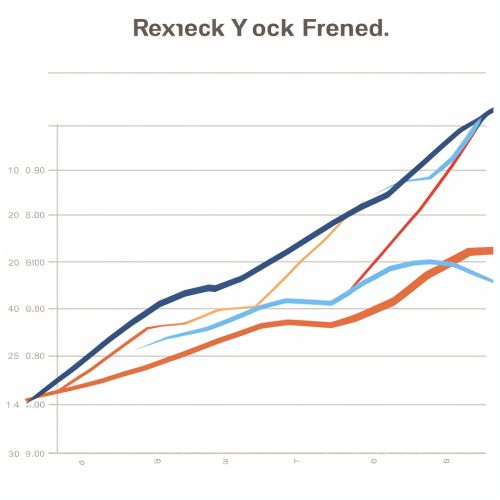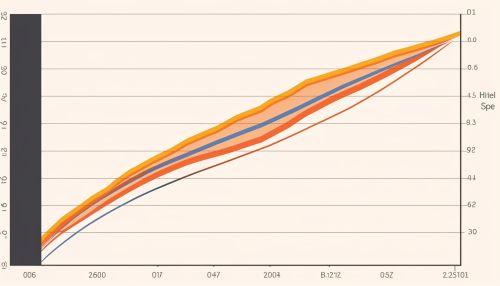Blocked Practice
Definition
Blocked practice is a specific type of practice regimen in the field of motor learning and skill acquisition. It involves repeatedly performing the same task, with the goal of ingraining the task into muscle memory. This method of practice is often contrasted with random practice, where multiple tasks are practiced in a random order.


Overview
Blocked practice is a widely used technique in various fields, including sports, music, and rehabilitation. It is often used in the initial stages of learning a new skill, as it allows the learner to focus on the specific mechanics of the task. However, the effectiveness of blocked practice compared to other methods, such as random practice, has been a topic of ongoing debate in the field of motor learning.
Mechanism
The primary mechanism behind blocked practice is the repetition of a specific task, which leads to the formation of motor programs. These motor programs are essentially patterns of movement that are stored in the brain and can be executed without conscious thought. By repeatedly performing the same task, these motor programs become more efficient and automatic, leading to improved performance.
Effectiveness
The effectiveness of blocked practice can vary depending on several factors, including the complexity of the task, the stage of learning, and the individual's prior experience. In general, blocked practice tends to be more effective for simple tasks and for beginners who are still learning the basic mechanics of a task. However, for more complex tasks and for more advanced learners, the benefits of blocked practice may be less pronounced.


Comparison with Other Methods
Blocked practice is often compared with other methods of practice, such as random practice and variable practice.
Random Practice
Random practice involves practicing multiple tasks in a random order, rather than focusing on a single task. Some research suggests that random practice may be more effective than blocked practice for more complex tasks and for long-term retention of skills. This is due to the contextual interference effect, where the interference caused by switching between tasks leads to more robust learning.
Variable Practice
Variable practice involves practicing variations of a task, rather than the exact same task. This method of practice is thought to promote the ability to adapt to different situations and to generalize learning to new tasks.
Applications
Blocked practice is widely used in various fields, including sports, music, and rehabilitation.
Sports
In sports, blocked practice is often used in the initial stages of learning a new skill, such as a new golf swing or basketball shot. It allows the athlete to focus on the specific mechanics of the task and to develop the necessary motor programs.
Music
In music, blocked practice is commonly used when learning a new piece of music or a new technique. By repeatedly practicing the same passage or technique, musicians can develop the necessary motor patterns and improve their performance.
Rehabilitation
In rehabilitation, blocked practice is often used to help individuals regain motor skills after an injury or illness. By repeatedly practicing the same movement, patients can relearn the necessary motor patterns and improve their motor function.
Criticisms and Limitations
While blocked practice is widely used, it is not without its criticisms and limitations. One of the main criticisms is that it may lead to a phenomenon known as overlearning, where excessive practice of a task can actually lead to a decrease in performance. Additionally, blocked practice may not be as effective for more complex tasks or for long-term retention of skills compared to other methods, such as random practice.
